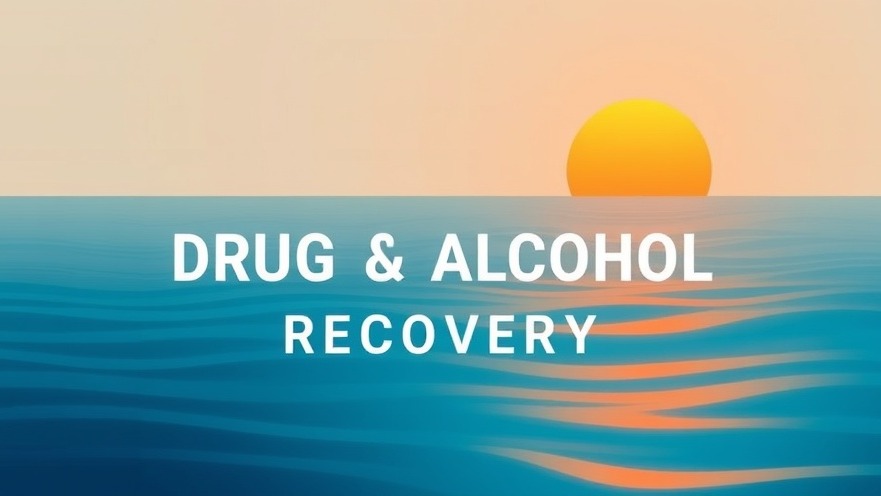
The Hidden Struggles of Meth Withdrawal
For those dealing with meth addiction around Gig Harbor, Washington, understanding what to expect when undergoing withdrawal can be crucial. This process is often daunting and riddled with psychological and physical hurdles. It’s important to note that the withdrawal experience can vary widely from person to person, influenced by multiple factors such as age, health, and the severity of addiction.
How Long Does Meth Withdrawal Last?
Meth withdrawal generally occurs in two distinct phases: acute and subacute. Acute withdrawal typically lasts between one week to ten days, during which overwhelming cravings and physical symptoms surface. The second phase, known as subacute withdrawal, can take as long as two weeks. During this time, the psychological cravings for meth can persist, and it’s advisable to seek support from a detox center where safety and comfort are prioritized.
Recognizing the Symptoms: Physical and Psychological
Understanding the symptoms of meth withdrawal can prepare individuals for what lies ahead. Common physical symptoms include:
Speech Impairment: Many clients find that their ability to speak coherently suffers. This frustrating condition can challenge their communication as they navigate a sensitive time.
Increased Appetite: Unlike the reduced appetite experienced during meth use, withdrawal brings about an intense hunger. This can be a positive sign for those in recovery, allowing them to regain strength with proper nutrition.
Changes in Sleep Patterns: After the stimulatory effects of meth wear off, many individuals report extreme fatigue, often flipping to bouts of insomnia as their bodies recalibrate.
On the psychological side, dreams and nightmares can be vivid and lifelike during this withdrawal phase, further complicating recovery.
Why Detox Centers Are Essential
Finding a safe environment, like a detox program in the Gig Harbor area, is vital for successfully navigating withdrawal. Here, professional support can minimize risks and provide necessary resources. Detox programs often integrate holistic therapies, nutritional support, and counseling, which are crucial components in the journey toward recovery. Techniques such as infrared sauna therapy and colon hydrotherapy can also aid in the natural detoxification process, enhancing cellular repair and overall wellness.
Moving Forward: Emphasizing Regenerative Health
The importance of following a regimen that supports regenerative health post-detox cannot be overstated. Engaging in activities such as fasting retreats and embarking on a gut reset can provide additional layers of support to ensure that the body not only recovers but thrives. These practices not only help physically but also contribute to emotional and mental well-being.
Final Thoughts: Seeking Help is a Strength
For anyone in the Gig Harbor area grappling with meth addiction, remember that seeking help is a courageous step toward recovery. The journey may be challenging, but with professional support, it can also lead to a new life. If you're ready to embark on this transformative journey, consider reaching out for a consultation with a detox center that resonates with you. Embrace the opportunity for change.
 Add Row
Add Row  Add
Add 




Write A Comment